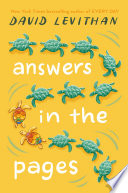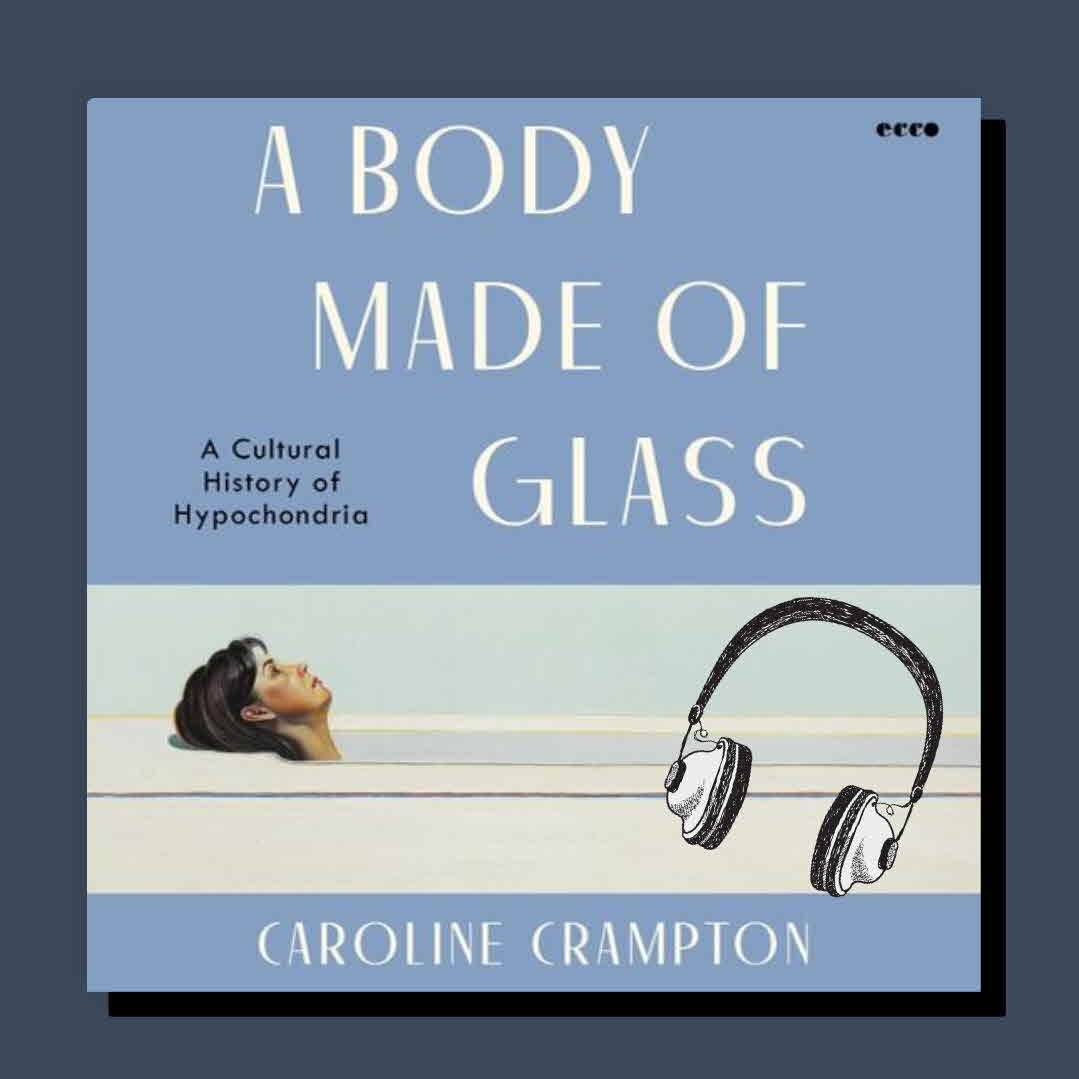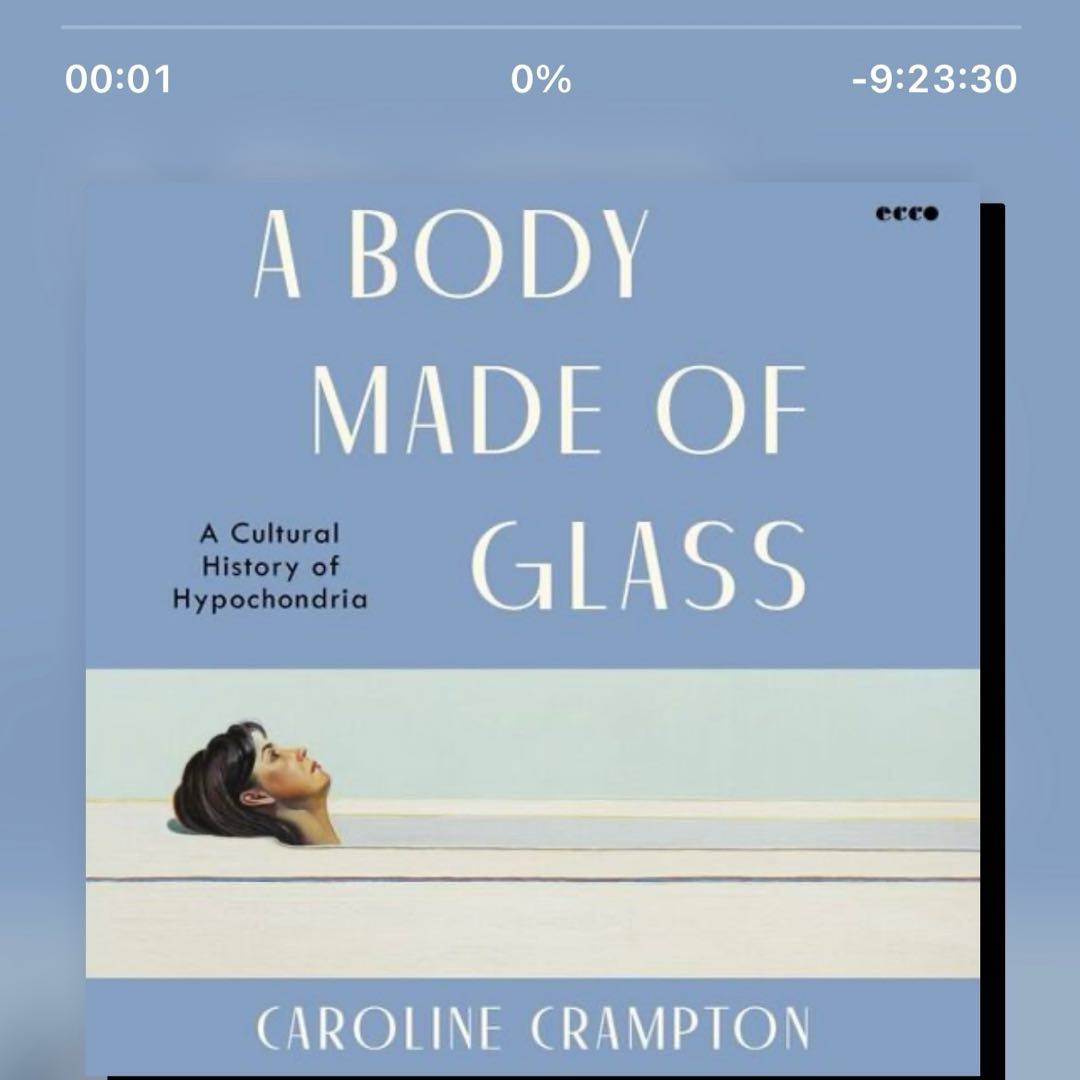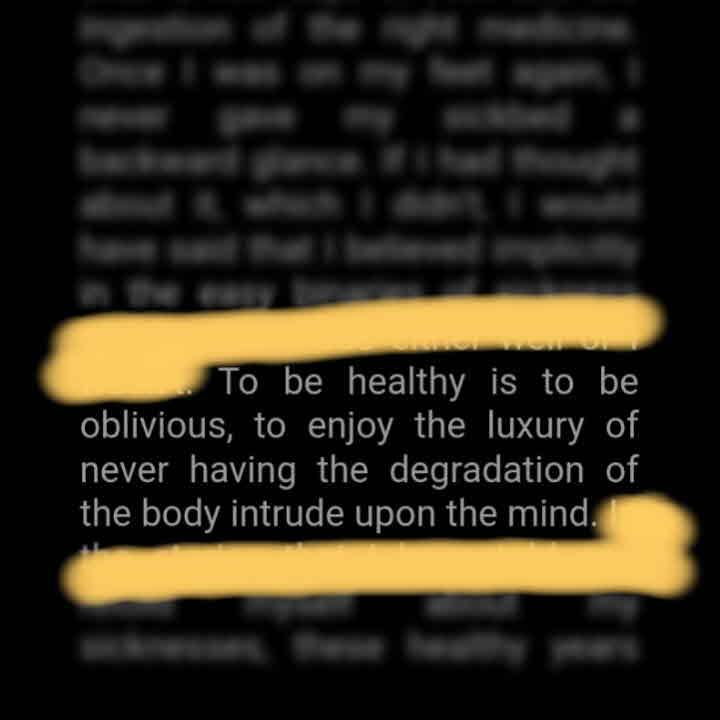
Crampton talks a bit about Austen and her personal life with a hypochondriacal mother, and all her characters. Makes me wonder who is her best hypochondriac? Mrs. Bennet and her nerves, Mr. Woodhouse and his constant fear of illness, or Mary Musgrove and her "illnesses"?
Psychology Today even has an article
https://www.psychologytoday.com/intl/blog/the-elusive-brain/201907/jane-austens-...


























